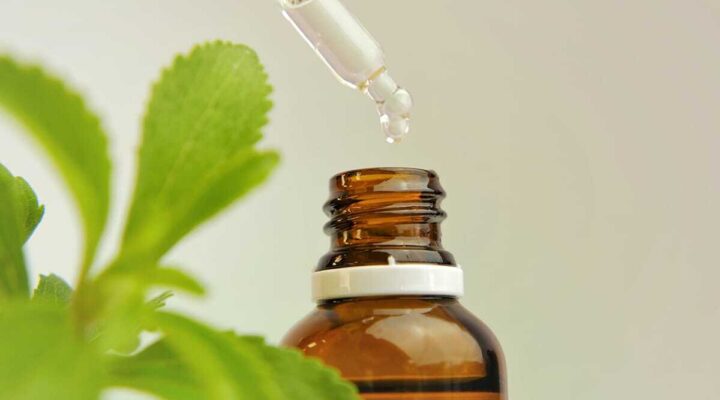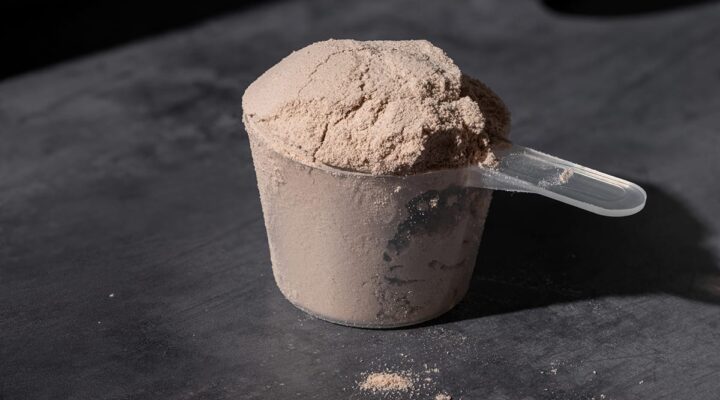4 Telltale Signs You May Have a Vitamin Deficiency
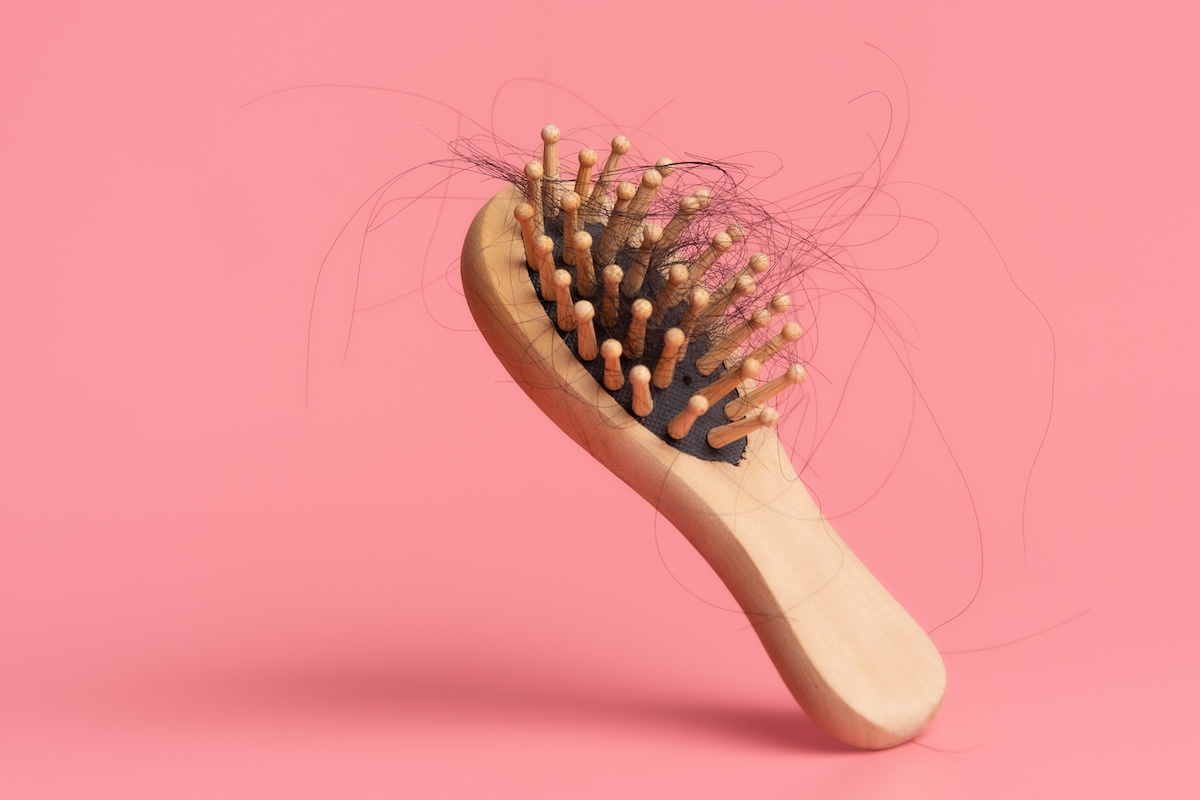
A lot of bodily ailments are seemingly unexplainable: that spot on your forehead that won’t go away, the stream of tears from your eyes at the faintest sign of a gust, your wonky knees. But as is the way of the world, most things are connected, and that’s especially so when it comes to the symptoms of certain vitamin deficiencies.
Vitamins and minerals are essential nutrients, vital in the human diet to maintain and promote a range of bodily functions. Vitamin A for example is important in maintaining healthy vision. It stands to reason then that not enough vitamin A in your diet or through the use of supplements is a disaster waiting to happen for your eyesight.
To help you better understand what certain vitamins bring to the table and the consequences of not nourishing your body with them, we’ve rounded up some telltale symptoms related to certain vitamin deficiencies and how you to adjust your diet accordingly.
Mouth Ulcers
B vitamins are important for a range of reasons, but their most crucial role is probably in helping keep the body’s nerve and blood cells healthy. Its impact then is felt throughout the body, and a deficiency in vitamins B12 and B9 in particular can result in deficiency anaemia. This condition causes the body to produce abnormally large red blood cells that can’t then go on to efficiently do their job of carrying oxygen around the body.
The symptoms of this anaemia can show itself through extreme fatigue and muscle weakness. But while these symptoms can easily be dismissed as stress-related, its effect on the mouth may be more telling. Take research from Ben-Gurion University of the Negev in Israel which found that when the subjects in the study were given a nightly dose of vitamin B12 it had a profound effect on preventing recurring canker sores.
To further compound the link, a study undertaken at Glasgow Dental Hospital found that around 28 percent of patients with mouth ulcers had deficiencies in vitamin B1, B2, and B6.
A deficiency in iron has also been linked with mouth ulcers, along with sore, red, flaky cracks at one or both of the sides of your mouth. Of course, there are many reasons why you might have mouth ulcers, including biting the inside of your mouth, but a deficiency in iron and vitamin B may be the main culprit. Whole grains like oats are a good source of both vitamins, as are legumes, nuts and seeds.
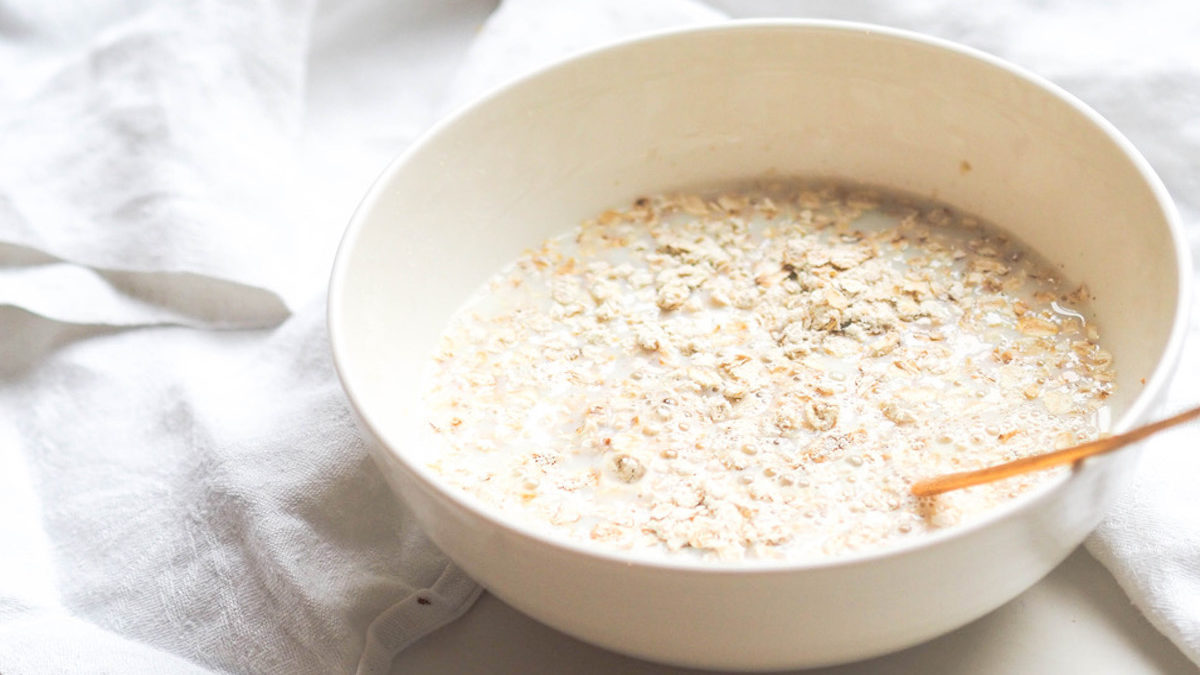
Photo credit: Faustine Hug
Hair Loss
Your skin, hair and nails are one of the first places your body shows up any signs of vitamin deficiency. Natural hair loss is a common issue among the population, but one that can be exacerbated and even caused by several vitamin and mineral deficiencies.
Zinc is arguably the most important, with the mineral being essential for protein synthesis and cell division, two processes needed for hair growth. A 2013 study on 312 patients with hair loss found that the group had statistically lower zinc concentrations when compared to 30 healthy controls.
A deficiency in iron and vitamins B3 and B7 have also been linked with hair loss. Not having enough vitamin B7 in your diet, also known as biotin, may also cause brittle hair and nails, due to its importance in aiding the metabolism of protein-building amino acids that are essential for healthy hair and nail growth.
Greens like spinach and broccoli are especially rich in both zinc and vitamin B7, and should be consumed on a regular basis so as to promote healthy skin, hair and nails.
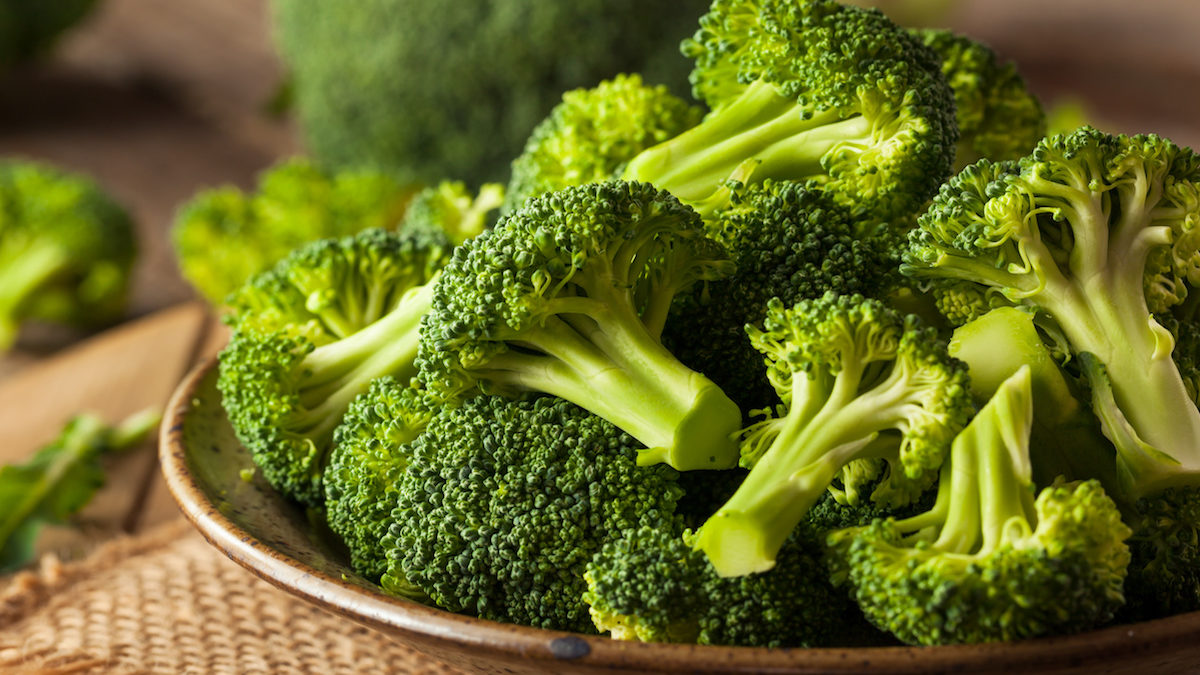
Poor Night Vision
According to the World Health Organization (WHO), vitamin A deficiency is the leading cause of preventable blindness among adolescents, particularly in developing countries, with an estimated 500,000 vitamin A-deficient children losing their sight every year.
Before complete eye-sight loss, complications can present itself through other less severe signs like poor night vision.
Vitamin A is necessary to produce rhodopsin you see, a pigment found in the retinas of the eyes that helps you see at night. If left untreated, night blindness can go on to cause xerophthalmia, a condition that can damage the cornea and ultimately lead to blindness (so its important to get yourself checked out).
A 2013 paper published in the Community Eye Health Journal also notes that severe vitamin A deficiency can often present itself as dryness of the conjunctiva, otherwise known as xerophthalmia. The inability to produce a sufficient amount of tears in this case can lead to inflammation and discomfort.
While vitamin A deficiency is extremely rare in developed countries, do make sure you’re eating foods rich in the vitamin including leafy greens and orange coloured vegetables like carrots.

Bleeding Gums
A particularly rough toothbrushing technique is often the first thought when it comes to bleeding gums. But aside from the bristles, a deficiency in vitamin C could also be playing a part.
The essential nutrient plays an important role in repairing body tissue and wound healing. Without adequate vitamin C gum tissue can become weakened and inflamed then as the blood vessels start bleed more easily. Eventually, teeth can even turn rotten and fall out due to unhealthy gums so its important to note any issues you may have.
A 2019 systematic review found that in all studies on the subject, patients with a lower dietary intake or lower blood level of vitamin C showed a greater progression of gum disease than the controls. Most fruits are a good source of vitamin C, especially oranges, strawberries and blackcurrants. Here at From HQ we like to blitz them all up into a delicious protein smoothie and not have to worry about our intake for the rest of the day.
If you’re worried about your nutrient intake then Form’s multivitamin, or Multi as we like to call it, is here to help. Multi covers your daily vitamin and mineral requirements and more, with vegan DHA and Choline for brain health, and Vitamin D3 from Vita-algae D® for immunity, Multi is more than a multivitamin; it’s your daily nutrient peace of mind.



